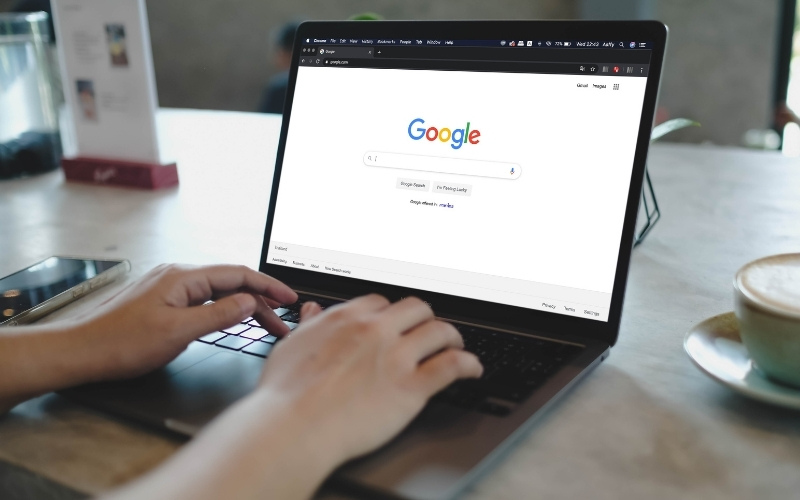
Hashtags are highly relevant when it comes to your marketing – more than ever before!
If you market your products or services on social media (and who doesn’t?), then you should use hashtags.
That’s because they increase your visibility and help you appear in search results (hashtags are clickable and searchable).
What is a hashtag?
A hashtag (like #travel, for example) is a way of grouping social media posts around a certain topic. That makes it easier to find information you’re interested in.
Some topics are huge, such as #love or #photooftheday. Others are more specific, such as hashtags for a brand (#Nike), a location (#Brisbane) or a need (#glutenfree).
What’s the #history?
The first hashtag – #barcamp – was used in 2007 by open-source advocate Chris Messina.
His original tweet was, ‘How do you feel about using # (pound) for groups. As in #barcamp [msg]?’
Twitter thought that was for nerds and didn’t go for the idea. But later that year, there was a devastating fire in San Diego County. Suddenly people were using #sandiegofire to track vital updates about the conflagration and the humble hashtag proved its usefulness.
Indeed, over the last decade, hashtags have become so popular that Instagram has now introduced a limit of 30 hashtags per post (don’t worry – you don’t need to use anything like that many to succeed!).
Why should you use hashtags?
You’re promoting your brand on social media because you want to gain new clients. That involves building your reputation, generating a following and engaging with potential customers.
Hashtags can help you achieve all that by:
- Cultivating a loyal following
- Use your brand name or tagline as a hashtag
- Appearing in your ideal client’s feed
- People follow hashtags around their interests so using a hashtag like #runningtips could help get your brand in front of potential customers
- Show that you’re part of something important
- If your team’s participating in a big event like #city2surf then tag a team photo.
In short, hashtags increase your visibility. Every business needs that.
Hashtags as a search tool
According to Forbes, social media is the new Google, especially for younger generations. Forbes reports that:
- Generation Z are much less likely to use Google than Generation X
- 24% of people only use or primarily use social media to search online
- 20% just don’t feel the need to use search engines as they access websites through social media.
That means social media is now, effectively, a rival search engine. Indeed, the introduction of Meta AI may increase this trend.
Remember hashtags group relevant content around a certain word or phrase, and that’s then used as a search tool. It means someone searching for #skincare may find your dermatology clinic’s post about treating rosacea.
How to use hashtags
To succeed on social media, try to use a mix of branded, relevant and trending hashtags. That gives you a chance to promote your business, show up in relevant searches and harness popular trends from time to time.
Hashtags:
- Always start with #
- Must use letters only – do not include any spaces, punctuation or symbols
- Require your account to be public – otherwise, people can’t see the content you’ve tagged
- Work best when they’re fairly short and easy to remember
- Should be relevant and specific so people can find and use them
- Look best when there’s only 3-5 of them – although Instagram allows up to 30 hashtags, littering your post with hashtags makes it look a bit desperate to be liked!
How can we help?
At Splice Marketing, we excel at creating social media strategies that help you achieve your goals on Facebook, Instagram, TikTok or LinkedIn. That often involves adept use of hashtags to increase your brand’s visibility.
If you’d like to learn more about social media marketing, please contact Splice Marketing today.







